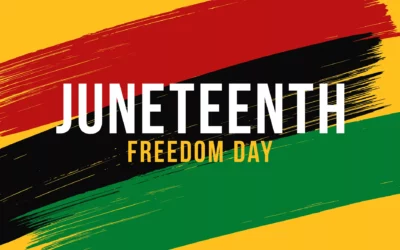Following HUD’s release of the 2021 NOFO (Notice of Funding Opportunity), our friends at the National Alliance to End Homelessness called us to reflect, regroup and refocus. The question at hand is, “How can we use the NOFO as a resource to align CoCs federal homelessness funding with other available funding resources to make our system more effective?”
The National Alliance to End Homelessness is calling on individuals committed to ending homelessness in their communities to ask:
- Is my system advancing racial justice and equity?
- Are we addressing those with the highest needs first, especially those living unsheltered?
- Are we growing partnerships that will accelerate our work?
- Are we focused on quickly getting people into housing?
- Are we acting quickly?
With our mission to end homelessness in the Kansas City community in mind, we’ve walked through a few of our responses to these questions below. These responses are a summary of Kansas City’s full 2020 Consolidated Annual Performance and Evaluation Report.
Is KC addressing those with the highest needs first, especially those living unsheltered?
In the midst of the COVID-19 pandemic, the community acted swiftly to create as many emergency housing options as possible. One of the larger emergency shelters who had been experiencing financial hardship prior to the pandemic embarked on a large-scale fundraising campaign to sustain its programming while the other large public shelter reconfigured its facilities wherever possible to expand capacity.
In 2021, the need for additional emergency shelter capacity became a highly politicized topic in Kansas City due to large scale community organizing and activism around the issue of homelessness spearheaded by the Kansas City Homeless Union and various independent groups. Their efforts included effective use of the news media, highly visible social media, a protest at the mayor’s residence, and a mass demonstration—establishing a homeless camp on the front lawn of City Hall to raise awareness of the issue. These efforts drew a great deal of attention and galvanized City Council and the City Manager to start working together toward solutions.
Three mass sheltering efforts were undertaken to provide emergency and transitional housing to meet the needs of nearly 400 individuals. First, a 100-person capacity shelter was erected at a local community center. The City Manager elected to commission the Downtown Convention Center which housed up to 400 people on some nights. Most recently, twelve area hotels were leased for a period of 90-days as transitional housing for 350-400 people at any given time.
Is GKCCEH growing partnerships that will accelerate our work?
In 2020-2021 CoC providers dramatically increased street level engagement and established the “C.O.R.E. Team.” (Coordinated Outreach Resources and Engagement). GKCCEH, the COC and HMIS Lead Agency, are currently working with C.O.R.E. to secure a mobile technology platform designed for street outreach and from which can be integrated for more comprehensive data on those who remain unsheltered.
In Spring of 2021, we co-sponsored a stakeholder event with various neighborhood associations in Kansas City’s Historic Northeast, a community greatly impacted by highly visible street homelessness. The purpose of this meeting was to identify the challenges of those who live in the community and to identify solutions to addressing those challenges. Some of the outcomes of that meeting include: the creation of a community resource guide, a dedicated hotline to help people experiencing homelessness found in a behavioral health crisis, and a “Mental Health:101 and Impactful Street Outreach” training. The goal of this training is to empower community stakeholders who are willing and able to help with information about the homeless population.
Our organization, along with our agency partners are currently working to identify the resources to sustain the outreach activities that are so vital to the work of ending homelessness.
Is our local leadership acting quickly?
As a general pattern, the local Kansas City political leadership has acted in response to highly-publicized events surrounding homelessness. Individual leaders within the community, including the leaders of GKCCEH and the Kansas City Homeless Union, have made it known that they will not stop advocating for the homeless population until Kansas City homelessness has come to an end.









